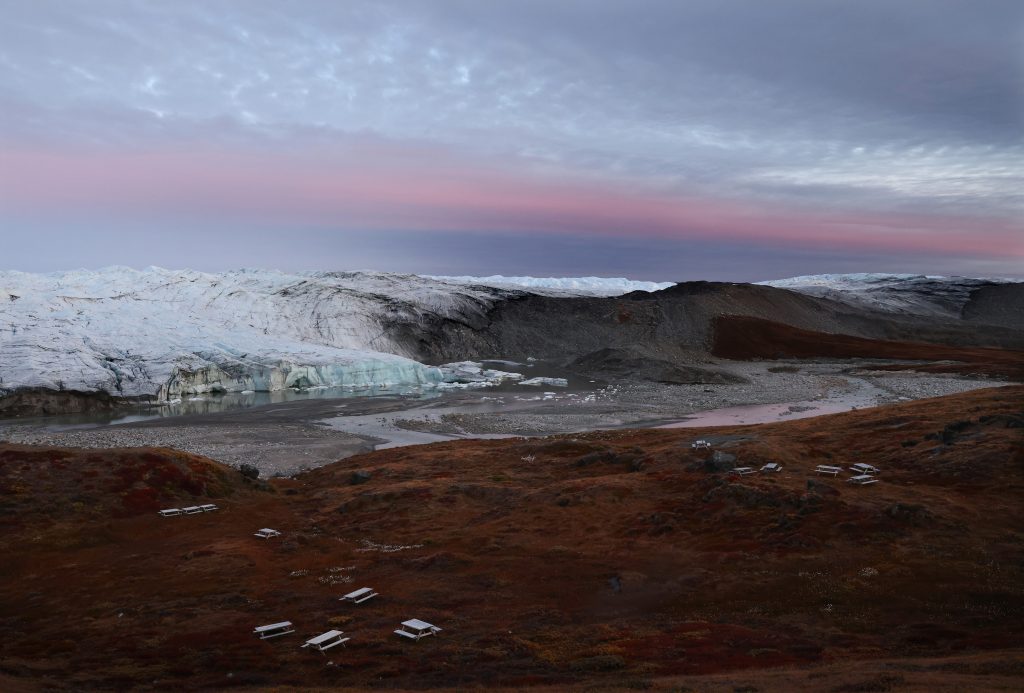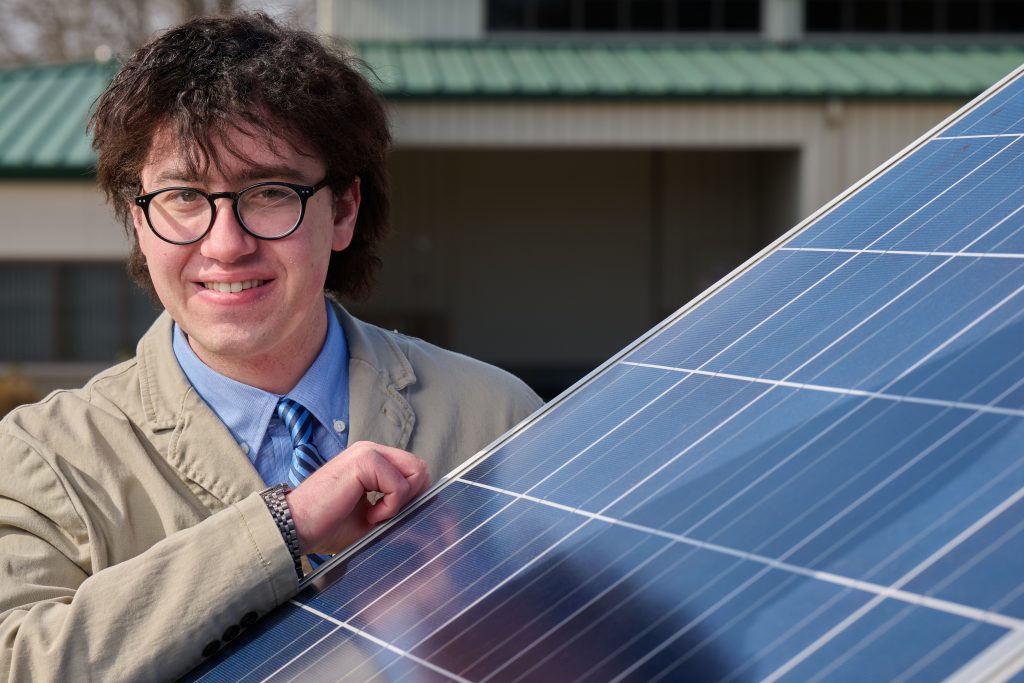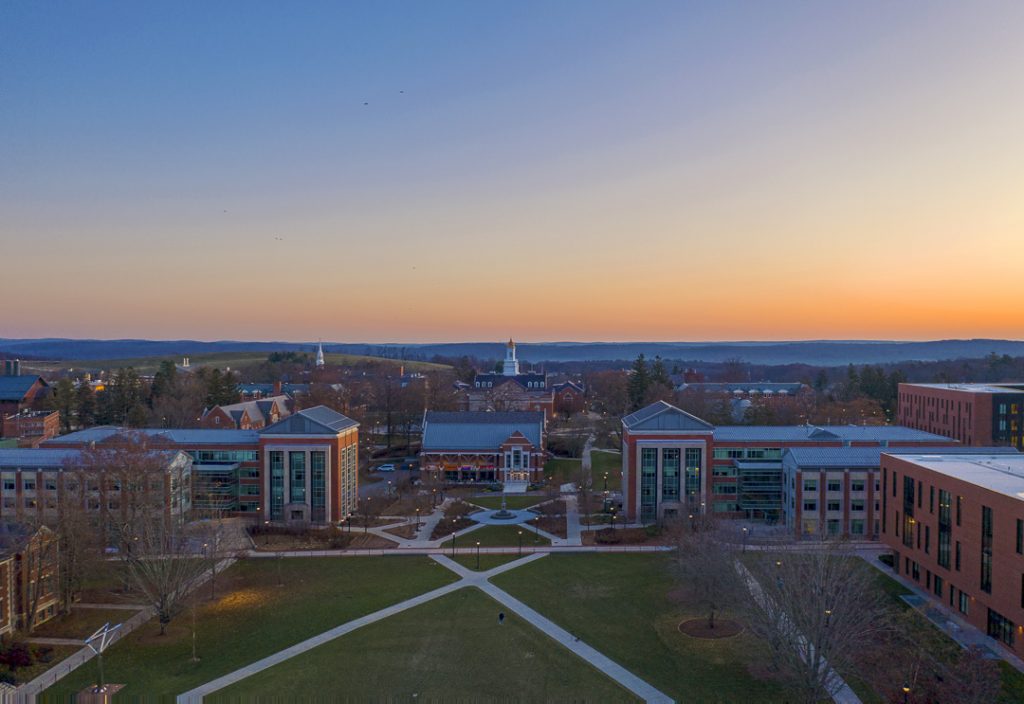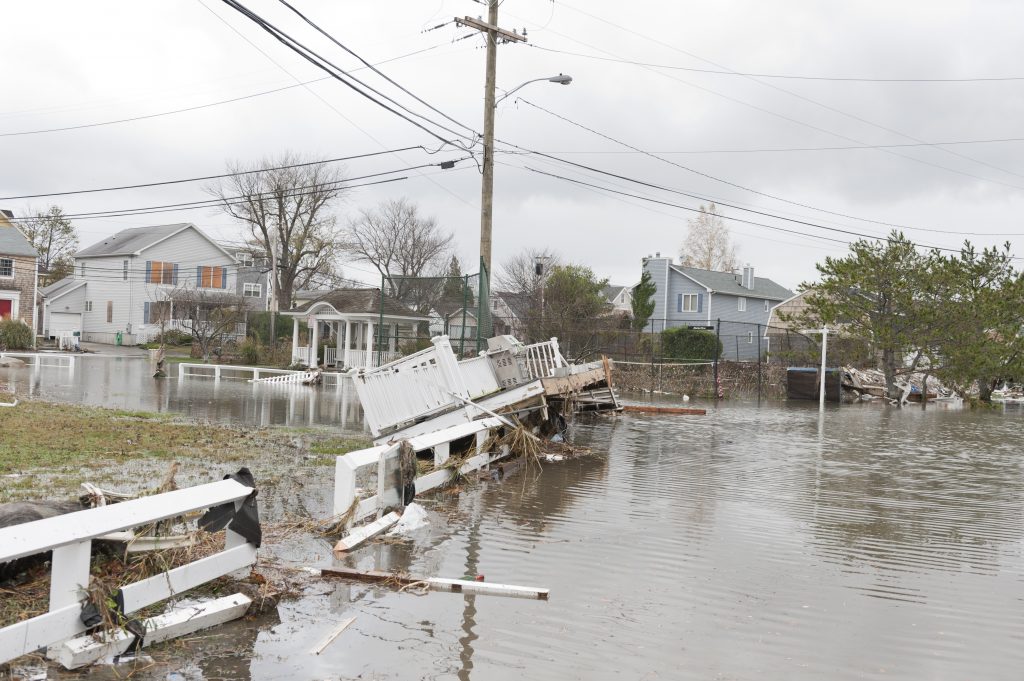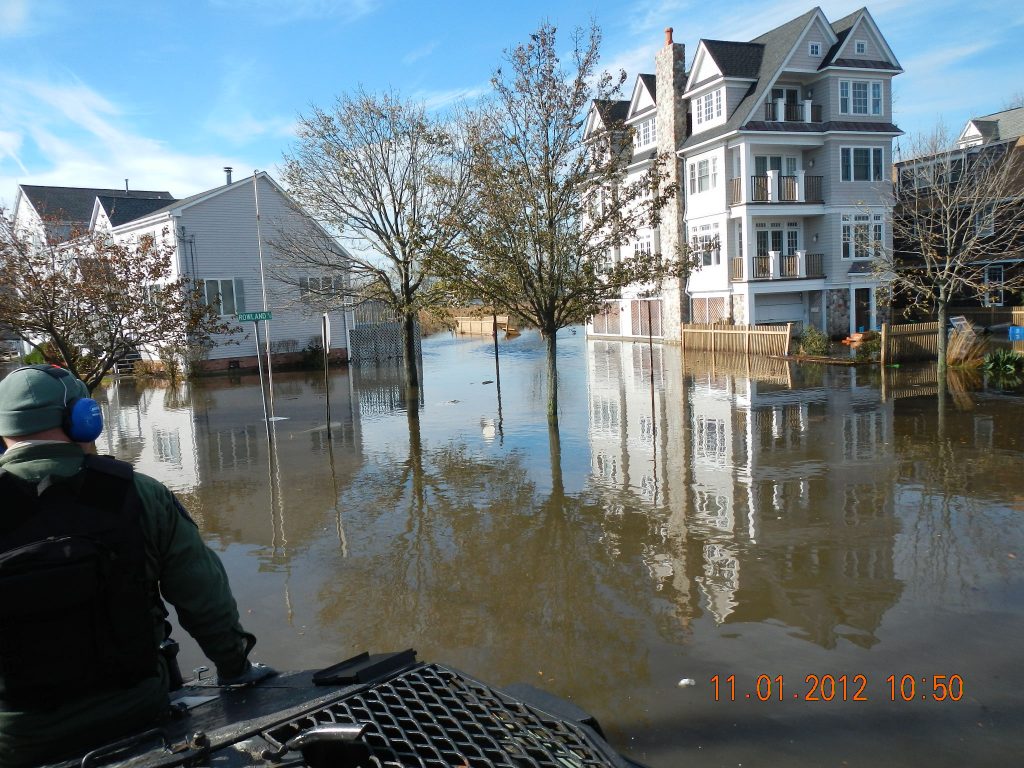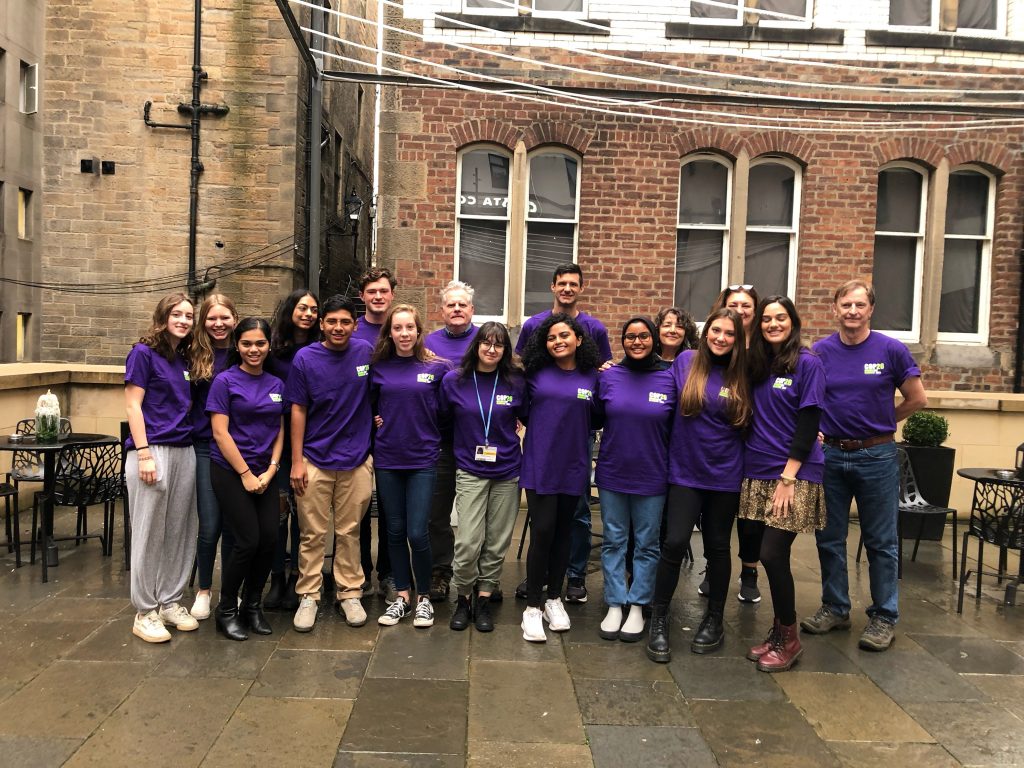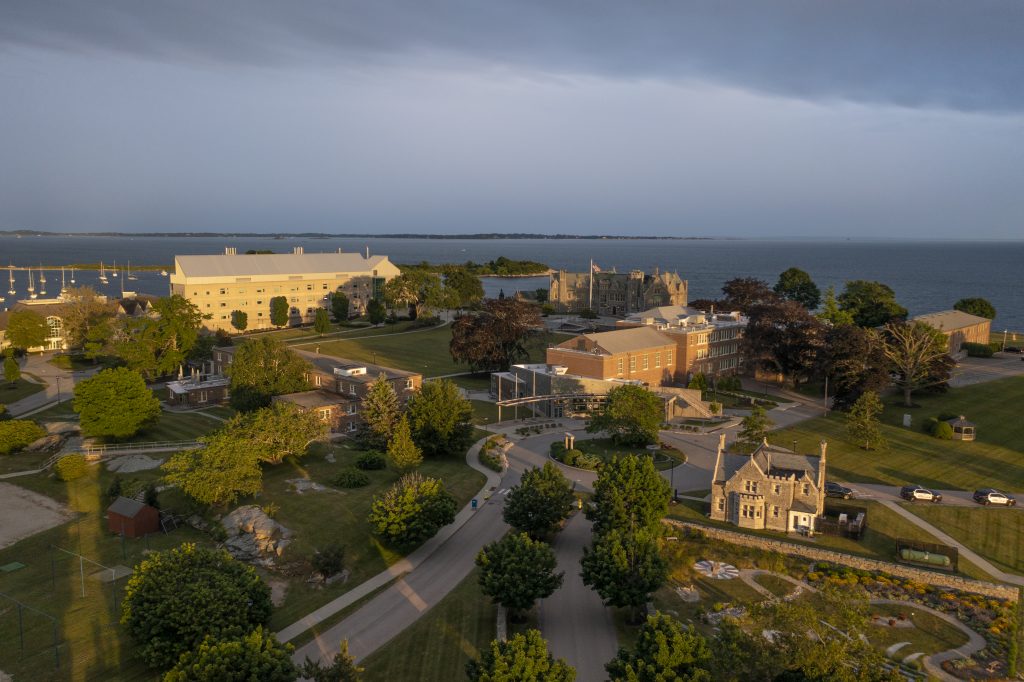Climate change
Ice Sheet Retreat and Forest Expansion Turned Ancient Subtropical Drylands into Oases
Studying the climate of the distant past to get a sense of what the future holds
March 14, 2022 | Elaina Hancock
UConn Student Group Stepping Up to Help Push for Clean Energy
Harnessing student enthusiasm and talent to advocate for new solutions
February 28, 2022 | Elaina Hancock
From Policy to Practical: UConn Students, Alumni Use Personal Strengths to Address Climate Change
Marshaling the University's resources to tackle the pressing issue of climate change through research, policy advocacy, and more
February 18, 2022 | Kimberly Phillips
Fact Sheets Help Local Leaders in CT Navigate Climate Change Questions
Adapt CT offers guidance on matters ranging from beach erosion to the flooding of coastal highways
February 11, 2022 | Judy Benson, Connecticut Sea Grant
Closer Collaboration and Community Outreach for Urban Sustainability, Together at Hartford Campus
The partnership between CIRCA and SCGI aims to help build more environmentally sustainable and resilient cities
December 9, 2021 | Elaina Hancock
The Power of the Green Zone at COP26
'It re-framed climate change, and gave me the chance to reflect instead of continuously looking forward with anxiousness'
December 3, 2021 | Carol Atkinson-Palombo, Professor of Geography and Director of Environmental Studies
CIRCA Awarded $5 million in New Funding to Strengthen CT’s Climate Change Resilience
CIRCA is creating a 'project pipeline' to move resilience planning and adaptation forward
November 16, 2021 | Elaina Hancock
Reflections on COP26: Uncertainty and Hope
Many countries have committed to further reductions, but still not enough to reduce warming to the critical 1.5C threshold
November 15, 2021 | Mark Urban, Arden Chair of Ecology and Evolutionary Biology
COP26: A UConn Perspective on the Climate Change Summit
CIRCA's Jim O'Donnell shares his on-the-ground perspective from the momentous conference in Scotland
November 12, 2021 | Jim O'Donnell, CIRCA Executive Director
UConn Researchers to Explore Marine Life, Human-Sea Interaction
The projects touch on everything from the effects of climate change on marine animals to how coastal communities respond to flood risk
November 5, 2021 | Judy Benson, Connecticut Sea Grant
